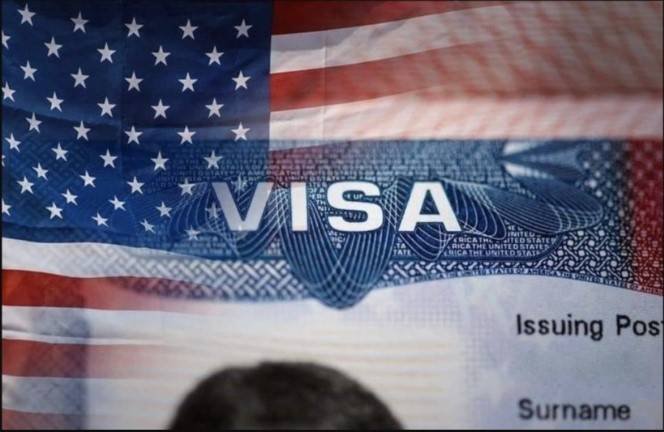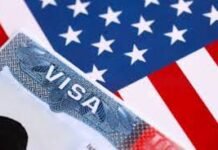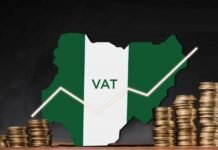Checkout Magazine has learnt that the United States could require bonds of up to $15,000 for some tourist and business visas under a pilot programme to be launched in two weeks.
According to a government notice, which gave this indication yesterday, the new programme is aimed to crack down on visitors who overstay their visas.
The State Department was unable to estimate the number of visa applicants who could be affected by the change.
Many of the countries targeted by Trump’s travel ban also have high rates of visa overstays, including Chad, Eritrea, Haiti, Myanmar and Yemen.
The programme gives U.S. consular officers the discretion to impose bonds on visitors from countries with high rates of visa overstays, according to a Federal Register notice.
Bonds could also be applied to people coming from countries where screening and vetting information is deemed insufficient, the notice said.
President Donald Trump has made cracking down on illegal immigration a focus of his presidency, boosting resources to secure the border and arresting people in the U.S. illegally.
He issued a travel ban in June that fully or partially blocks citizens of 19 nations from entering the U.S. on national security grounds.
Trump’s immigration policies have led some visitors to skip travel to the United States.
Effective August 20, the new visa programme will last for approximately a year, the government notice said. Consular officers will have three options for visa applicants subjected to the bonds: $5,000, $10,000 or $15,000, but will generally be expected to require at least $10,000, it said.
The funds will be returned to travelers if they depart in accordance with the terms of their visas, the notice said.
A similar pilot programme was launched in November 2020 during the last months of Trump’s first term in office, but it was not fully implemented due to the drop in global travel associated with the pandemic, the notice said.
A State Department spokesperson listed the criteria that will be used to identify the countries that will be affected, adding that the country list may be updated.
“Countries will be identified based on high overstay rates, screening and vetting deficiencies, concerns regarding acquisition of citizenship by investment without a residency requirement, and foreign policy considerations,” the spokesperson said.
![]()










